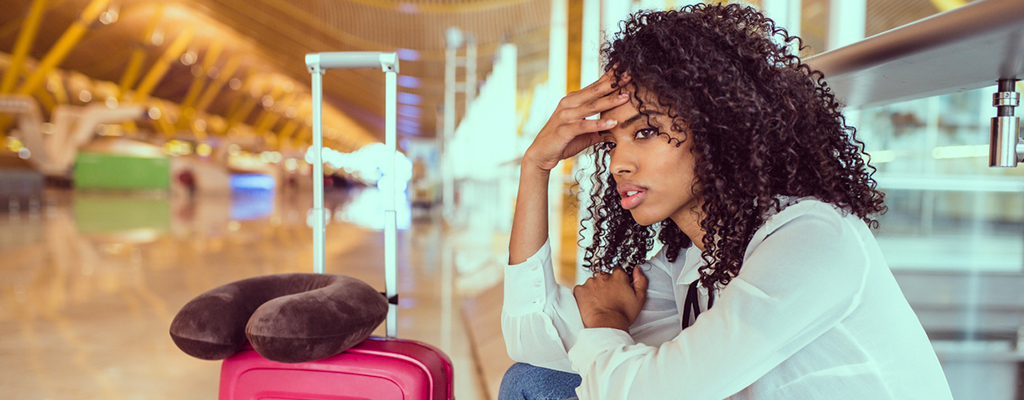
WHAT HAPPENS IF I GET INTO TROUBLE OVERSEAS?
Holidays are an exciting time. We take the time to plan our itineraries to get the most out of our adventures. Beaches, restaurants, famous attractions all make the list, but what happens when we unknowingly break the local laws?
Whether it is having your visa denied at the airport, traffic offences or something more serious, legal systems around-the-world are different.
If you are in trouble with the local authorities, here is what you can do to get help.
Firstly, you should contact the Australian embassy or consulate in the country where you are staying. They can provide information on your legal rights and options and help you to find a lawyer.
Secondly, contact your family or friends in Australia and let them know what has happened. They can provide you with support and help you to stay in touch with your lawyer.
You are entitled to fair treatment under the law, even if you are overseas. You should not sign any documents or make any statements without speaking to a lawyer first.
Here are some additional tips:
- If you are arrested, ask to speak to a lawyer immediately.
- Be polite and cooperative with the authorities.
- Do not discuss your case with anyone except your lawyer.
- If you are convicted of a crime, you may be able to serve your sentence in Australia. This is known as a prisoner transfer agreement.
If you are facing serious criminal charges, you may also be eligible for legal aid from the Australian government. Legal aid can help you to cover the cost of a lawyer and other legal expenses.
It is important to remember that you are not alone if you get in trouble with the law overseas. The Australian government can provide you with support and assistance.
Seek legal advice
Consular officers will not make assumptions about your guilt or innocence but can assist you with finding a local English-speaking lawyer.
Many countries, including Australia, have signed the Vienna Convention on Consular Relations, meaning someone arrested or detained overseas can seek help from their government.
You can find the contact details of Australian embassies, high commissions, and consulates on the DFAT website.
If you are unable to contact an embassy, contact the 24-hour Consular Emergency Centre on:
- +61 2 6261 3305 (from overseas)
- 1300 555 135 (local call cost within Australia).
Stay informed and view the Smart Traveller fact sheet.
